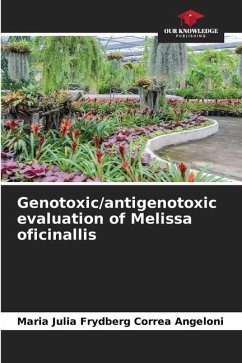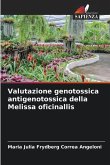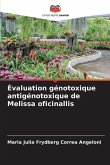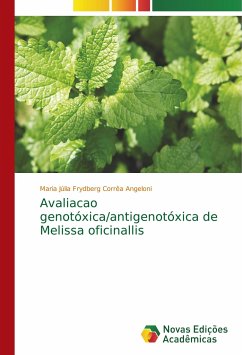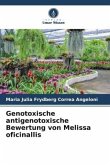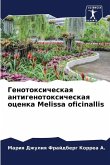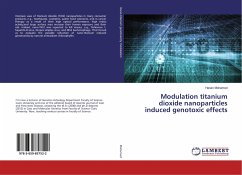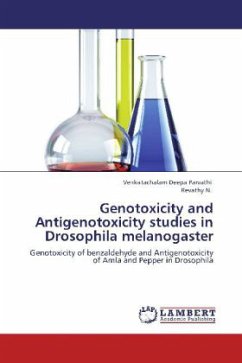Considering that diet has a major influence on the promotion and progression of cancer, and that mutations are key elements in neoplastic processes, there is growing interest in the study of compounds with antigenotoxic and antimutagenic properties from plant extracts. Melissa officinalis L., popularly known in Brazil as lemon balm or melissa, is traditionally used as an aqueous or alcoholic extract for the treatment of fevers, colds, indigestion associated with nervous tension, hyperthyroidism, depression, mild insomnia, epilepsy, headaches, toothaches, among others. However, there is no information on this plant in relation to protective or toxicogenic effects. Therefore, the aim of this study was to investigate the antimutagenicity/antigenotoxicity and mutagenicity/genotoxicity of the aqueous and ethanolic extracts of this plant.
Bitte wählen Sie Ihr Anliegen aus.
Rechnungen
Retourenschein anfordern
Bestellstatus
Storno

